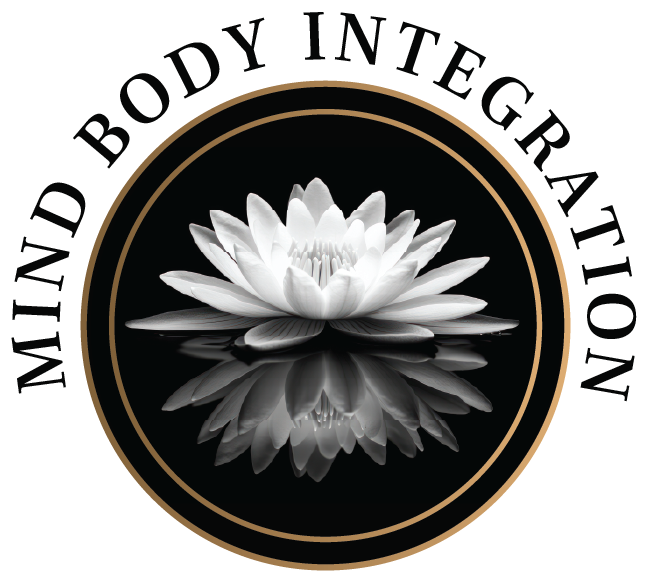Experience Mind – Body Connection through the Essence of Human Nature
Somatic Psychotherapy is a good place to start for anyone new to therapy or anyone used to traditional talk therapy that is ready to transcend beyond it to deeper and more impactful work. Somatic Psychology is based on the Greek word “soma” meaning body. The body is what houses the nervous system, hence the focus on the body. And it speaks to us via sensations. Most of us have not been taught this information. No wonder we struggle staying connected to ourselves! Do not fret, we can always choose to learn now.
The nervous system is an involuntary system, and its only job is to keep us alive (and keep us SAFE) by constantly surveying our internal and external worlds for any sign of danger or threat. The language of the body is through sensations. So, in order to be connected with our bodies, we must learn how to notice and sustain awareness of our sensations, listening to what it’s telling us, and then responding accordingly. When we learn how to have more moments throughout the day operating this way (staying with ourself versus self abandoning into stress states and survival mode), watch how your experience your life can shift with more clarity, joy, and an ability to live more authentically by feeling anchored to your truth.
Healing with Somatic Psychotherapy
News Flash: We all have moments of being dysregulated. Some of us experience more moments or higher levels of dysregulation than others, and some of us have gotten stuck in a dysregulated stress state and have lived there for years. This can look like living with depression, anxiety, c-ptsd, and many more conditions, etc.
Sadly, many of us are so used to living in survival state (feeling overwhelmed) that it feels “normal.” We may falsely identify it as a part of our personality, saying things like “I’m just a type A personality; I like control,” without realizing that a primary and involuntary system at play: the nervous system. Existing this way can have a profound cost to our happiness and overall health.
Most of us were not taught emotion regulation skills in our developmental years (when we all needed it), because most of our parents did not have the awareness, education, or access to these resources back then. We can’t know what we don’t know. But now you do know that living in high stress states is optional and that other options exist. You can start doing some deeper work now, and I will walk beside you on the journey to get you started. Working on healing a dysregulated nervous system is a great first step to feeling better about yourself, how you show up in your relationships, and getting the life you actually want.

Working with somatics expands one’s window of tolerance or presence, the moments when we feel anchored, grounded and rooted in ourself, oriented to the present and fully capable to connect with self and others.
A Dysregulated Nervous System Can Present in Many Ways
Hyper-Arousal symptoms can include
- ANY ANXIETY SYMPTOM
- Racing thoughts, faster speech, higher adrenaline and cortisol surges
- Increased energy internally and externally (may feel like buzzing, jittery, pulsing, muscular constriction and tension)
- Rumination
- Dizziness
- Shortness of breath or labored breathing
- Sweating, shaking, increased heart rate/palpitations
- Trouble with focus, concentration or memory retention
- Nausea, appetite suppression, IBS (typically diharrea)
- Metabolic and hormonal dysfunction, poor sleep quality/increased disruptions
Hypo-Arousal symptoms can include
- ANY DEPRESSION SYMPTOM
- Low energy, fatigue/exhaustion
- Decreased feeling or emotion
- Decreased ability to feel sensations
- Feeling numb or nothing
- Procrastination, low mood, low motivation
- Anhedonia – loss of interest
- Adrenal fatigue, feeling depleted despite decent sleep
- Metabolic and hormonal dysfunction
- Poor quality of sleep despite how many hours
- Increased craving starches/sugar/processed foods
- GI upset – bloating, constipation
- Low mood, dark thoughts, suicidal thoughts from desperation for relief
- Trouble with focus, clarity or memory retention
- Trouble staying on track or being able to complete a task
- Low self worth and self-esteem
- Dissociation, checking out, or feeling disconnected
- Any other depressive symptom can occur here

